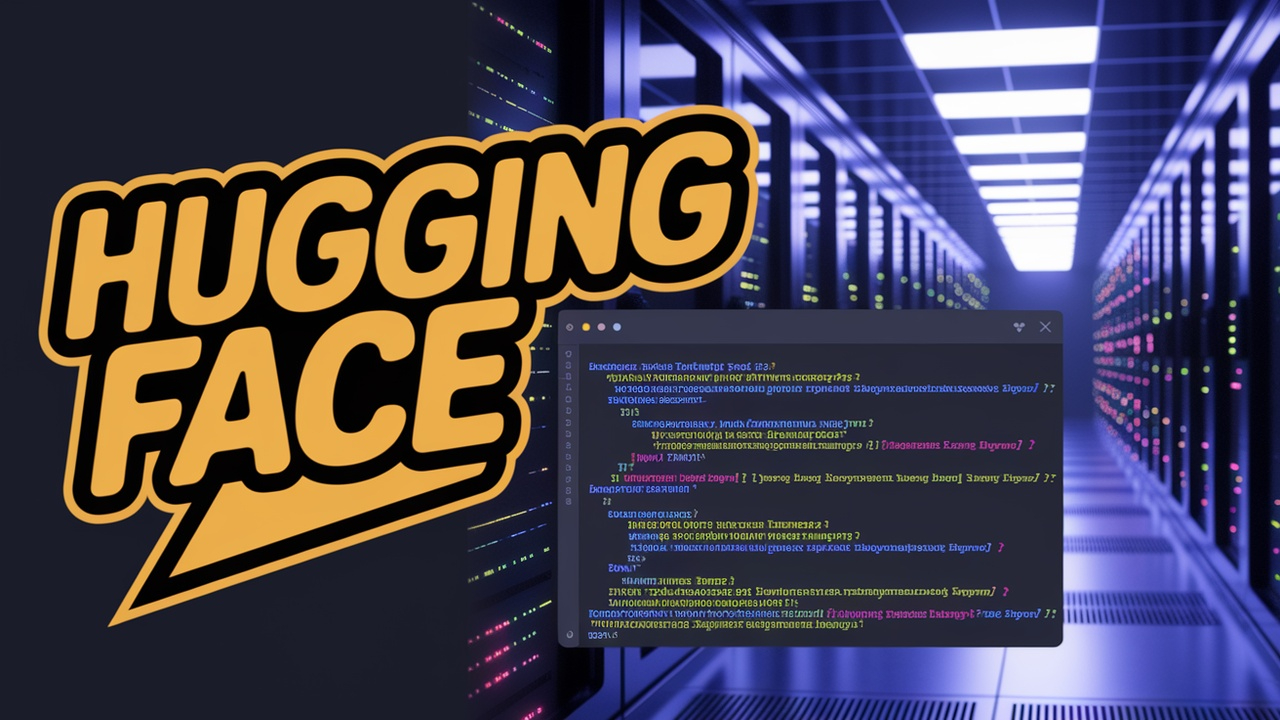
This comprehensive course on Hugging Face Transformers will guide learners through the fundamentals of natural language processing (NLP) using state-of-the-art pre-trained models. Participants will gain hands-on experience in deploying Transformers for various applications, including text classification, translation, and summarization.
Course Levels
-
Level 1: Introduction to Transformers
This level introduces the basic concepts of Transformers and their significance in NLP. Learners will explore the architecture and core components of Transformers.
-
Level 2: Working with Pre-trained Models
In this level, learners will delve into the usage of pre-trained models available in Hugging Face. They will learn how to load and utilize these models for basic tasks.
-
Level 3: Text Classification with Transformers
This level focuses on applying Transformers for text classification tasks. Participants will learn how to train and evaluate models for sentiment analysis and other classification tasks.
-
Level 4: Advanced NLP Tasks
Learners will explore advanced NLP applications such as named entity recognition (NER), translation, and summarization using Transformers.
-
Level 5: Fine-tuning and Custom Models
This level covers the fine-tuning process for custom models on specific datasets, enabling learners to tailor models for unique tasks.
-
Level 6: Deployment and Productionization
Learners will understand how to deploy and maintain Transformers models in production environments, focusing on scaling and performance optimization.
-
Level 7: Ethics and Responsible AI
This level addresses the ethical considerations and responsibilities associated with deploying AI models, particularly in NLP.
Course Topics
-
Serving Models with APIs
# Serving Models with APIs In the modern landscape of machine learning, deploying models efficiently and effectively is crucial for real-world applications. Serving models through APIs (Application P...
-
Understanding AI Ethics
# Understanding AI Ethics AI ethics is a set of principles and guidelines that aim to ensure that artificial intelligence technologies are developed and used in a manner that is fair, transparent, ac...
-
Implementing Custom NLP Applications
# Implementing Custom NLP Applications Natural Language Processing (NLP) allows us to build applications that understand and generate human language. With the Hugging Face Transformers library, you c...
-
Building Trustworthy AI Systems
# Building Trustworthy AI Systems The emergence of AI technologies has transformed numerous industries, but with great power comes great responsibility. Building trustworthy AI systems is critical to...
-
Setting Up the Environment
# Setting Up the Environment ## Introduction Before diving into the world of Transformers with Hugging Face, it's essential to set up your environment correctly. This setup ensures that you have all ...
-
Best Practices for Deployment
# Best Practices for Deployment Deployment is a critical phase in the machine learning lifecycle, particularly when working with models from the Hugging Face Transformers library. This section will e...
-
Evaluating Model Performance
# Evaluating Model Performance In the realm of text classification, particularly when utilizing Transformers, evaluating the performance of your model is crucial to ensure that it is making accurate ...
-
Using Models for Text Generation
# Introduction to Text Generation Text generation is a fascinating application of Natural Language Processing (NLP) that allows us to create human-like text based on a given prompt. In this section, ...
-
Introduction to Hugging Face Library
# Introduction to Hugging Face Library Hugging Face has emerged as a leading platform for Natural Language Processing (NLP) tasks, providing a user-friendly interface for working with state-of-the-ar...
-
Preparing Data for Classification
# Preparing Data for Classification In the realm of machine learning, particularly in text classification, the quality of the data you prepare significantly influences the performance of your model. ...
-
Introduction to Text Classification
# Introduction to Text Classification Text classification is a fundamental task in Natural Language Processing (NLP) that involves assigning predefined categories or labels to text data. It is widely...
-
Key Components: Attention Mechanism
# Key Components: Attention Mechanism The attention mechanism is a pivotal component of the Transformer architecture, enabling the model to focus on specific parts of the input sequence when generati...
-
Hyperparameter Tuning Techniques
# Hyperparameter Tuning Techniques Hyperparameter tuning is a critical step in the machine learning model development process, especially when working with complex models like those built on Hugging ...
-
Exploring Zero-shot and Few-shot Learning
# Exploring Zero-shot and Few-shot Learning ## Introduction Zero-shot and few-shot learning are advanced techniques in Natural Language Processing (NLP) that enable models to perform tasks with littl...
-
Bias and Fairness in NLP Models
# Bias and Fairness in NLP Models ## Introduction Bias and fairness in Natural Language Processing (NLP) models are critical issues that have garnered significant attention in recent years. As AI sys...
-
Training a Classifier with Transformers
# Training a Classifier with Transformers In this section, we will explore how to train a text classifier using the Hugging Face Transformers library. We will cover the following key areas: - Overvi...
-
Exploring Different Model Architectures
# Exploring Different Model Architectures In the realm of natural language processing (NLP) and computer vision, various model architectures have been developed to cater to different tasks and datase...
-
Deploying Custom Models
# Deploying Custom Models Deploying custom models is a crucial step in making your machine learning solutions accessible and usable in real-world applications. In this section, we will explore how to...
-
Evaluating Fine-tuned Models
# Evaluating Fine-tuned Models Evaluating fine-tuned models is a crucial step in the machine learning pipeline. It helps us understand how well our model performs on unseen data and whether it genera...
-
Regulatory Frameworks and Compliance
# Regulatory Frameworks and Compliance In the realm of Artificial Intelligence (AI), regulatory frameworks and compliance mechanisms play a crucial role in ensuring that the deployment of AI systems ...
- And 15 more topics...